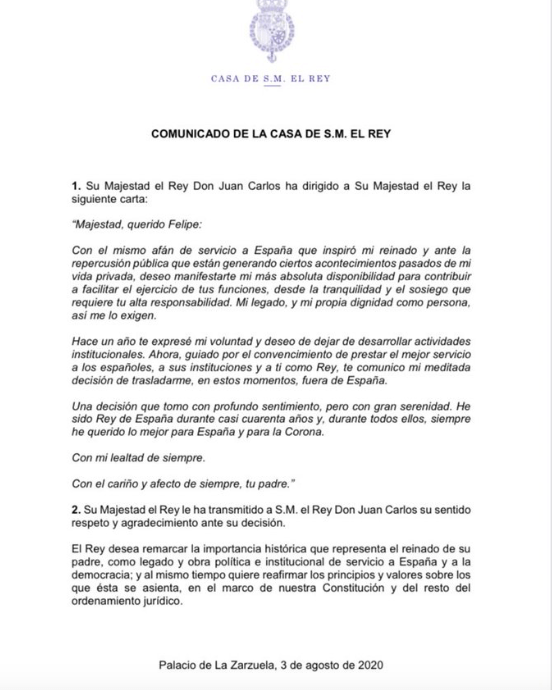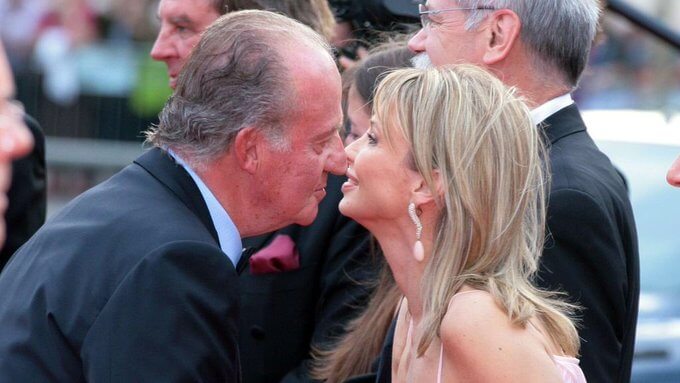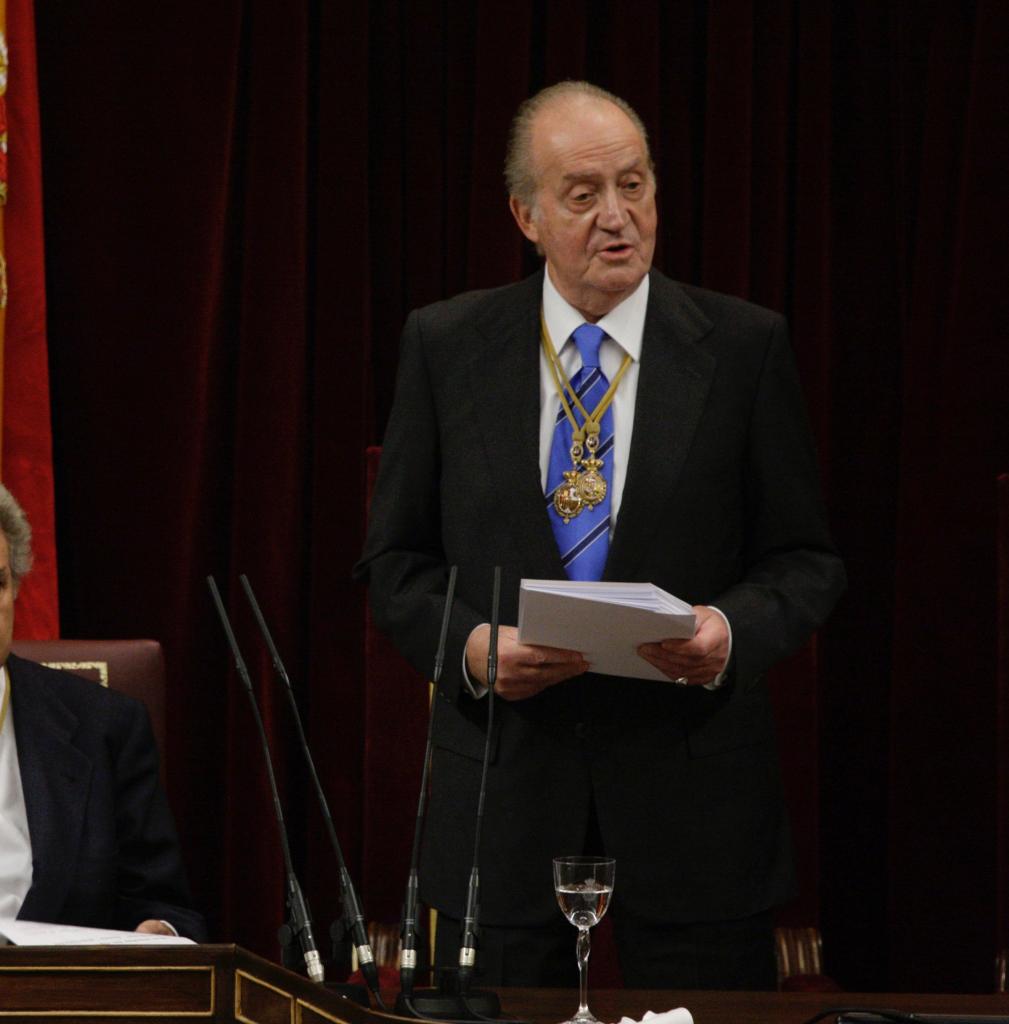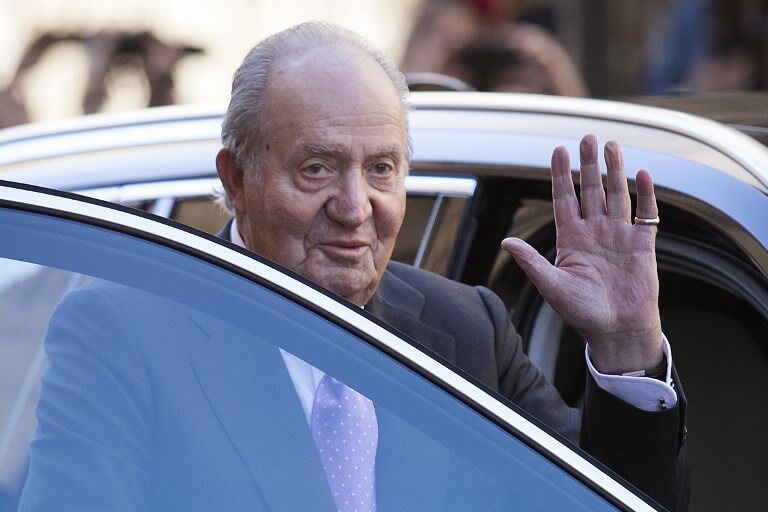It is now one year since Spain’s former king Juan Carlos I went into self-imposed exile, amid mounting questions regarding his financial and personal affairs. But the scandals have far from blown over – despite the former monarch seeking to regularise his situation with the Spanish tax office – thereby leaving his eventual return to the country still uncertain.
On 2 August 2020, news broke that Juan Carlos had ‘fled Spain’ following on-going investigations concerning corruption scandals. Although his whereabouts were initially unknown, Spain’s royal household released a copy of his communication to his son and current king, Felipe VI, explaining that he was moving abroad to prevent the ‘repercussion of his personal affairs’ from undermining his son’s reign and damaging the monarchy. Two weeks later it was confirmed by the royal household that the former king had been in the United Arab Emirates since 3 August. He has remained there since.

His choice of country to move to, the United Arab Emirates, only fuelled suspicions further, since it was where some of his business affairs took place that triggered the scandals and tainted his reputation in the first place.
Juan Carlos has reportedly told his son that he would like to return to Spain but not without the approval of the royal household. Whilst his legal problems continue, however, it seems unlikely that this approval will be forthcoming.
The 83-year-old former king is currently the target of three separate investigations over his financial dealings, including those linked to a high-speed rail contract in Saudi Arabia that was awarded to a Spanish consortium. Prosecutors in Spain and Switzerland are both still looking into suspicions that he received kickbacks for facilitating the deal.
The suspicions centre on 85 million euros that Saudi Arabia’s late King Abdullah allegedly deposited in 2008 into a Swiss bank account to which Juan Carlos had access.
The other two investigations concern the alleged existence of a trust fund in Jersey linked to Juan Carlos and the undeclared use of credit cards linked to accounts not registered in his name, a possible money-laundering offence.
Further to the financial scandals, the former king’s ex-lover Corinna zu Sayn-Wittgenstein (also known as Corinna Larsen) has filed a lawsuit at the High Court in London against him for harassment. The claim was issued in December 2020, but information has only just been released about the details involving the alleged behaviour of Juan Carlos during his relationship with Larsen and when the relationship ended in 2009. Also read: Disgraced former king Juan Carlos I sued for harassment by ex-lover
The claim states that 64.8 million euros was given by Juan Carlos to his former lover in 2012, but he later demanded that the money was returned. Larsen refused the request and alleges that Juan Carlos accused her of stealing and made other defamatory remarks about her at the time and subsequently. ALSO READ (8/3/20): Spain’s former king, his mistress, and the $100m Swiss bank account

Amidst all these investigations, however, Juan Carlos has not been charged with any crime, and his lawyers have always insisted that he would return to Spain if required for legal reasons. While in exile, the former king has also twice settled tax debts with the Spanish authorities for a total of more than five million euros.
Spanish monarchs have immunity during their reign but Juan Carlos abdicated in 2014 following a series of health problems and the embarrassing revelations about his personal life, leaving himself vulnerable to prosecution.
He has kept a low profile at the villa on the island of Nurai off the coast of Abu Dhabi where he now lives, and where it has been reported in the Spanish media that he is ‘alone and very bored’.
When reports emerged in February that he was in poor heath, the former monarch told online Spanish daily OK Diario that he was ‘well, exercising two hours daily’ in his only comments to the media since moving abroad.
The scandals swirling around Juan Carlos have also provided ammunition for those wanting to abolish the monarchy. The left-wing Podemos group, the junior partner in Spain’s coalition government, has unsuccessfully called for a parliamentary investigation into Juan Carlos’s wealth.
Felipe VI, meanwhile, has sought to distance himself from his father. Last year the current king renounced his inheritance from Juan Carlos, and stripped the ex-monarch of his palace allowance after new details of his allegedly shady dealings emerged.

Juan Carlos – Franco’s successor – transition to democracy
Juan Carlos de Borbón is the grandson of Alfonso XIII, the last king of Spain before the abolition of the monarchy in 1931 and the subsequent declaration of the Second Spanish Republic.
Born in Rome on 5 January 1938, Juan Carlos was just 10 years old when he was put on a train to Spain. His father had agreed to have him educated under dictator Francisco Franco in the hope of one day seeing him sit on the throne himself.
Juan Carlos then spent 27 years under the shadow of Franco, growing up in a series of military academies. In May 1962 Juan Carlos married Sofia, a Greek princess.
With Franco’s blessing, the couple settled at the Zarzuela Palace near Madrid and had three children: Elena, Cristina and Felipe, who as male heir bypassed his elder sisters to the throne – and is now the present king of Spain, as Felipe VI.
Appointed by Franco as his political heir (who passed over Juan Carlos’s father, Juan de Borbon), Juan Carlos was long hailed for contributing to Spain’s transition to democracy following the dictator’s death in 1975. He took the throne within days after Franco died, in November 1975 – the first crowned head of state in 44 years, becoming Juan Carlos I.
A new system of a parliamentary monarchy was ushered in, and a new Spanish Constitution was passed by referendum in 1978.
Juan Carlos I was credited with helping to defuse an attempted coup in February 1981 by soldiers who stormed into the Spanish Congress building in Madrid, firing shots and holding MPs hostage for several hours.
The king’s appearance on television that same evening, urging support for the democratic government, was instrumental in blocking the attempt.
‘I knew the soldiers were going to agree because I had been named by Franco and was their commander-in-chief,’ he later remarked. He knew most of the officers from his own military training.
Despite the failed coup helping to endear him to the Spanish people, the king’s image suffered greatly in later years.
Whilst rumours of his numerous affairs were largely overlooked or unreported by the Spanish media for many years, his real decline started in 2012, after he accepted a luxury elephant-hunting trip to Botswana, paid for by a Saudi entrepreneur, during a very tough recession in Spain.
He was accompanied on the trip by his former German mistress, Corinna zu Sayn-Wittgenstein, which only came to light because he broke his right hip and was flown home for surgery. Juan Carlos I made a public apology as he emerged from hospital on crutches.
Between May 2010 and November 2013, he had surgery nine times, including two operations on his right hip and three on his left.
The 2012 incident in Botswana damaged the Spanish monarch’s reputation and is widely seen as the reason for his decision to abdicate in 2014 at the age of 76 in favour of his son Felipe VI. He then retired from public life in June 2019.
‘Faithful to the political desire of my father … I wanted to be king for all Spaniards,’ Juan Carlos said in his abdication address, recalling the day of his proclamation as king.
Juan Carlos I might have helped Spain’s transition to democracy and he also foiled a military coup, but he headed into self-imposed exile under a cloud of corruption allegations that have now ruined his legacy.
ALSO READ: Former Spanish king’s ex-lover ‘terrified’ by threats from spy chief
Click here for all our reports on the Spanish Monarchy
ALSO READ (9/12/20): Former king Juan Carlos ‘pays €678k to tax office’ to avoid further action
ALSO READ (4/11/20): Former king Juan Carlos in new ‘credit card investigation’
ALSO READ (23/8/20): Corinna tells BBC that Juan Carlos I must have ‘hundreds of accounts’ worldwide
Sign up for the FREE Weekly Newsletter from Spain in English.
Please support Spain in English with a donation.
Click here to get your business activity or services listed on our DIRECTORY.
Click here for further details on how to ADVERTISE with us.



